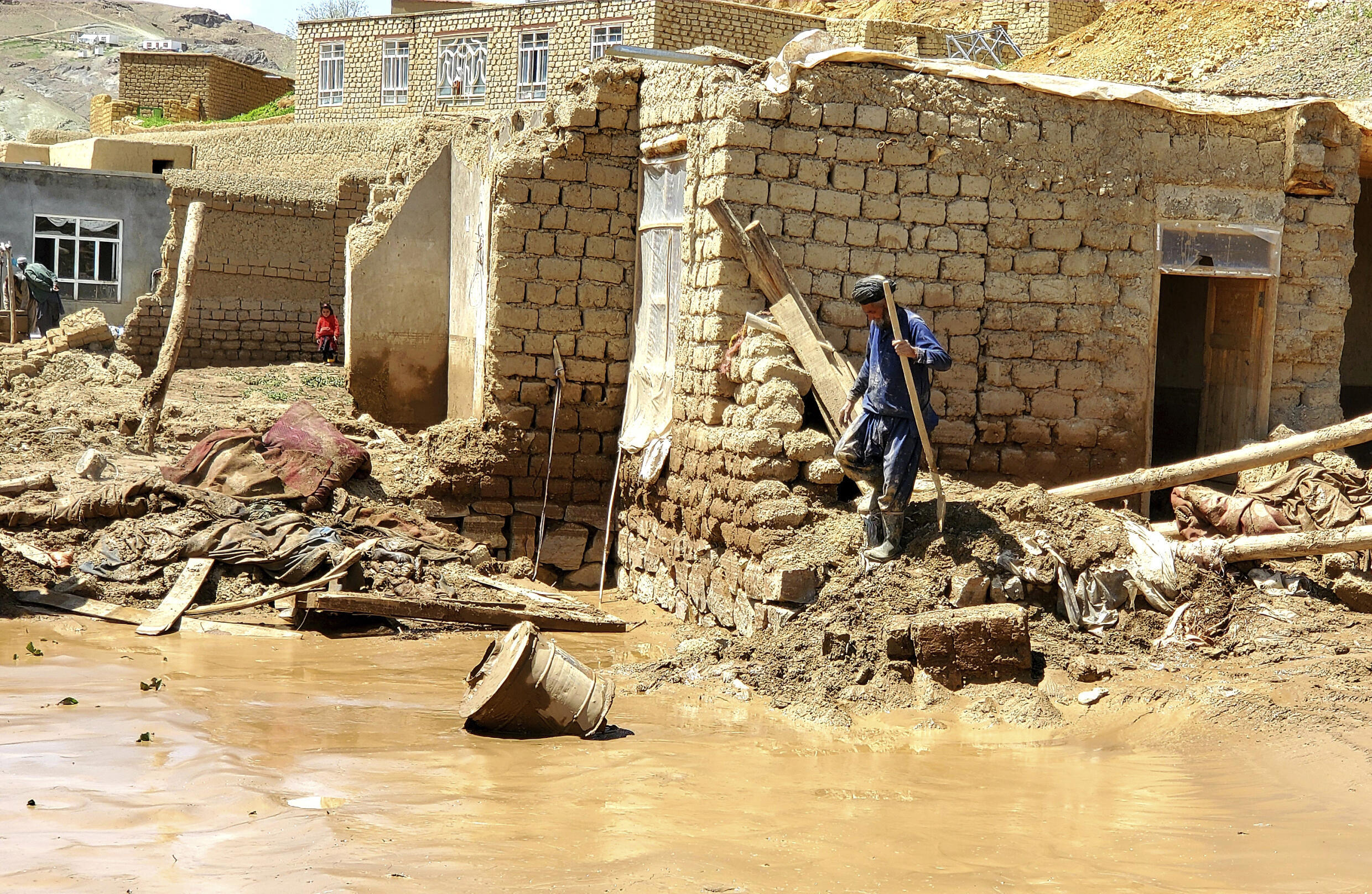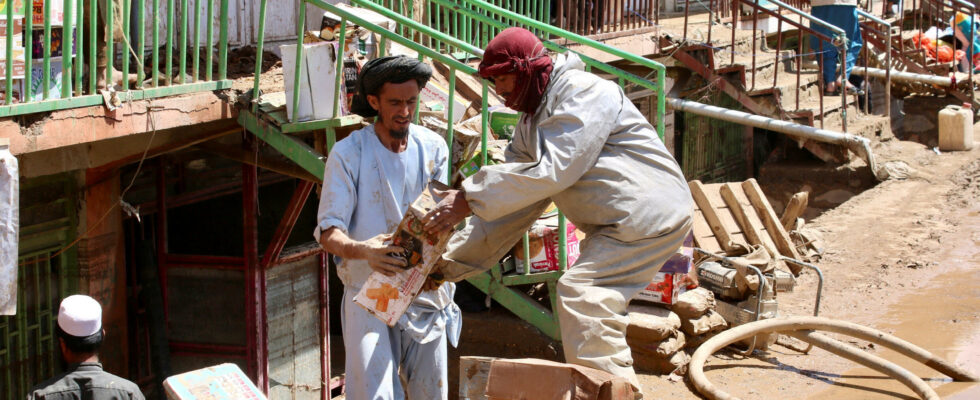Floods continue in Afghanistan. Dozens of people have died and many others are missing after a weekend of heavy rains in the north and center of the country, victims on the front lines of climate change.
3 mins
At least 66 people have died following heavy rains and flooding in northern NigeriaAfghanistan, declared a manager this Sunday, May 19. Shamsudden Mohammedi, head of the Information Department of Faryab province, in the north of the country, told Reuters that at least 300 houses had been destroyed, according to an initial assessment.
At least 50 people died in the central province of Ghor on Saturday, said Mawlawi Abdul Hai Zaeem, head of the province’s information department. Some 2,000 homes were destroyed, thousands more damaged.
“ These terrible floods also killed thousands of livestock, destroyed hundreds of hectares of agricultural land, hundreds of bridges and thousands of trees. said police spokesperson Abdul Rahman Badri. Obaidullah Muradian, head of the province’s disaster management department, speaks of a ” emergency situation “.
Floods affected several districts of the province, including the capital Chaghcharan, where streets “ are full of mud “, he told AFP. “The situation is really worrying” and the victims need shelter, food and water.
Flash floods caused by heavy rains devastated villages in northern Afghanistan last week, killing 315 people and injuring more than 1,600, authorities said.
This weekend’s new episode comes as flood survivors continue to search for missing family members. Efforts complicated by the destruction of bridges and roads.
Read alsoAfghanistan: numerous victims in the northeast hit by violent floods
An immense need for financial support
The United Nations special rapporteur for human rights in Afghanistan, Richard Bennett, said on Saturday (May 18) X that after emergency interventions, financial support will be needed to help survivors.
The rains came after an abnormally dry winter and several years of drought in this country, which is among the most exposed to climate change, according to experts.
Harrowing images of flood’s human toll & destruction in #Afghanistan. Beyond search & rescue, ongoing support needed to restore lives & livelihoods. I urge donors to provide more funds for humanity support but also much needed #ClimateAction to leave no one behind in Afghanistan. https://t.co/ysz6VfpxmM
— UN Special Rapporteur Richard Bennett (@SR_Afghanistan) May 18, 2024
Afghanistan, which is “ exceptionally exposed to flooding “, is experiencing abnormally high precipitation this spring, explained Mohammad Assem Mayar, an expert in water management, in a report by the Afghanistan Analysts Network.
“ With these erratic weather situations, there has been disaster after disaster, which has plunged the villagers into extreme poverty », declared Tuesday May 14 Timothy Anderson, responsible for Afghanistan at the WFP.
The country, ravaged by four decades of war, is one of the poorest in the world. Around 80% of its 40 million inhabitants depend on agriculture for their survival.

Read alsoAfghanistan: the humanitarian crisis worsens with the drop in donations
